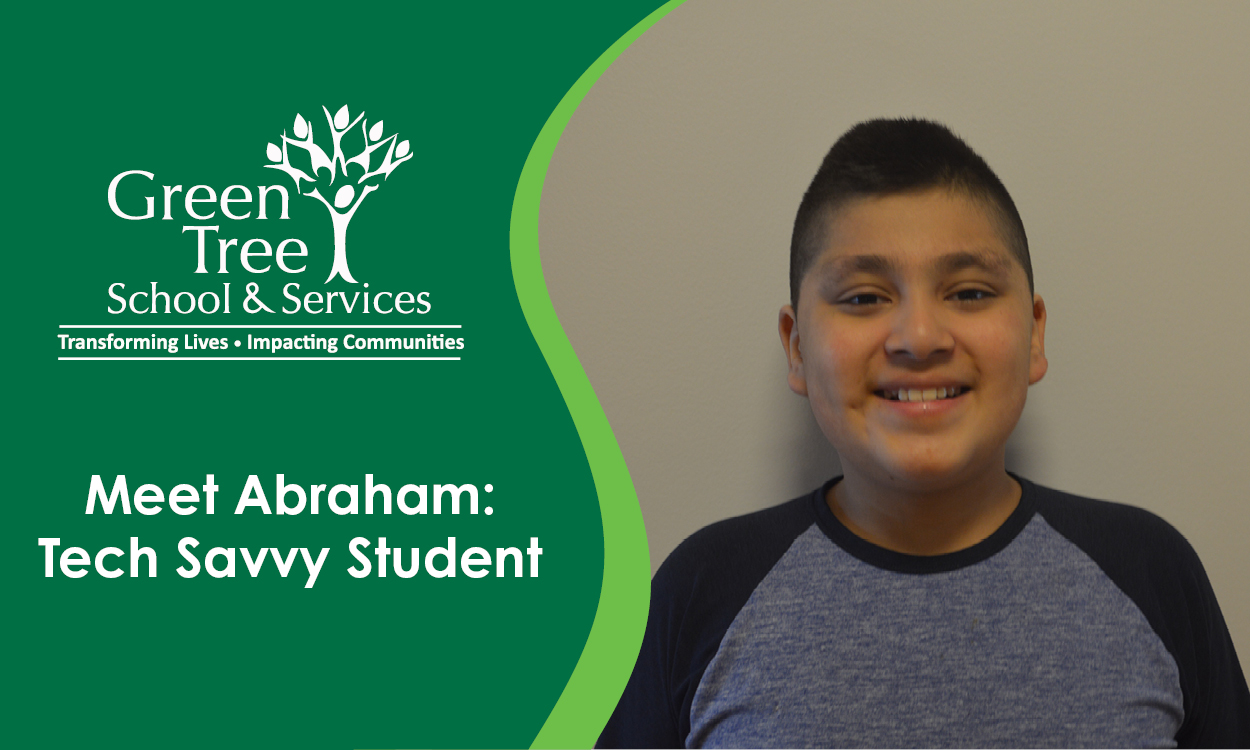Hyperfixation, Infodumping, and Autism: A Parent’s Guide
Posted: March 19, 2024 | Written By: Michelle Brown | Category:

Hyperfixation and infodumping are two terms that are thrown around a lot in relation to autism. But, what exactly do they mean? And, more importantly, how should a parent handle them? This article will explain all about these behaviors and how you can best support your child in navigating them.
What is hyperfixation?
Hyperfixation is an intense level of interest and focus towards something, to the point that a person starts to ignore or “tune out” anything else. Some also refer to this behavior as hyperfocus or having a special interest. Nearly everyone experiences moments of hyperfixation at certain times in their lives, however it is much more common and sustained amongst people with autism and ADHD. This fixation can be related to almost anything. It could involve a particular topic (such as dinosaurs, anime, a certain music group, or movie), an activity (like playing certain kinds of video games or a certain sport), or a hobby or skill (like playing an instrument, computer coding, drawing, or painting).
What are the pros and cons of hyperfixation?
There are some remarkable benefits to hyperfixation. Think of the top person in any field, (Albert Einstein, Emily Dickinson, Steve Jobs, Serena Williams) and that person likely spent a significant amount of time hyperfixating on the subject or skill for which they are famous. Hyperfixation allows a person to concentrate intently and fully immerse themselves into the task at hand, tune out distractions, practice and improve more than others, and become an expert in their subject or skill. A hyperfixated person seems to have endless energy to devote to their special interest. It could almost be thought of as a superpower, and likely contributes greatly to the advancements of society as a whole.
However, these benefits can also come with drawbacks. Due to being completely absorbed in their special interest, a hyperfixated person may start forgetting daily living skills like remembering to eat, sleep, or sometimes even attending to hygiene. They may begin to lose track of time, ignore other responsibilities, neglect to notice when others are speaking to them, or pull away from family and friends. Those who are close to a hyperfixated person may feel ignored, hurt, or like they always take a back seat to the special interest. It can also be frustrating to communicate with someone who is hyperfixated, as they are prone to speak at length about their special interest, and sometimes, not much else. This leads us to our next term, which is infodumping.
What is infodumping?
Infodumping is a person’s tendency to share incredibly detailed information about a topic of interest or hyperfixation, often all at once in a mostly one-sided conversation. Sometimes this can be annoying, or tedious for the recipient of the information, but it isn’t intended that way. Many people in the autistic community consider infodumping as a sort of display of affection. In fact, there are even shirts and stickers with the slogan, “Infodumping is my love language.” This is because, if someone on the autism spectrum chooses to infodump on you, they most likely care about you or trust you enough to tell you all about what matters most to them. It can also give someone a sense of pride to be able to share how much they know about something.
How should I handle hyperfixation and infodumping in my child?
Having a child with all-consuming interests can be tricky. We want our children to be well rounded and attend to all of their needs and responsibilities. We want them to socialize appropriately with family and friends. However, we also see that these special interests are a true source of fascination and joy for our children. Moreover, being able to enter into a state of hyperfixation is an extraordinary skill that not everyone has—a skill that could potentially lead to much success if nurtured properly.
So, how do we know whether to respond to hyperfixation and infodumping with limits, or with encouragement? The answer is, probably both. It is always good to be supportive of your children’s special interests. Restricting them entirely would border on cruelty, and be very upsetting to your child. Some of these interests could seem completely useless or ridiculous from your perspective, while others may have the potential to be very beneficial in the long run. Regardless, it is important to try to be understanding and respect that this special interest has deep meaning to your child.
When the hyperfixation starts interfering with your child’s eating, sleeping, basic responsibilities, and interactions with others, it makes sense to impose some guidelines. It helps to stress to your child that they will have more energy for their special interest if they are taking care of themselves, and that there are parts of life that are necessary, and non-negotiable. These things should always come before the hyperfixation. You could even use the special interest as a reward or reinforcement for accomplishing these other, desired behaviors. The key here is to teach and reinforce a healthy level of balance.
“I taught a young lady on the autism spectrum in a resource class. She would often avoid working on her math, which she found difficult and disliked. Instead, she would obsessively look up anything and everything to do with ‘Pirates of the Caribbean’ on her computer, to the point where she’d have 50 or more tabs open at one time. When my gentle requests for her to redirect her attention were unsuccessful, I started remotely closing her tabs, which she did NOT like at all. She and I made a deal that, if she did her math first (with my help as needed) then she could have time at the end of class for ‘Pirates’ research, and I would leave her tabs open. While she resisted at first, the more we did this, the better she got at her math, and the less she avoided it. Within a few weeks, she’d march into class, take out her math, and come straight to my desk. By the end of the marking period, she had brought up her math grade to an A, and I had learned a whole lot more about Johnny Depp.” - Lynn, a high school learning support teacher
When it comes to infodumping, it can mean so much to your child when you show an interest and allow them to share. However, it is also a good opportunity to teach about social cues, how to tell when someone is interested in what you are saying, and how conversations should allow both parties to communicate equally. This could take some practice, but since a person’s hyperfixation is so fascinating to them, it can be a great tool for teaching and reinforcing in a way that benefits everyone, especially your child.
“I have found that a great way to break ice between myself and a fellow autistic that I need to partner with on a project is to get an infodump session out. We give each other one or two minutes to spill as much information about our favorite thing as we can, and then we listen to the other person spend one or two minutes spilling out as much information as possible about their favorite thing.”
— Christopher Whelan, a social worker with autism
Want to be notified of new articles and resources from Green Tree Schools? Click here to submit your email and opt into our newsletter.










